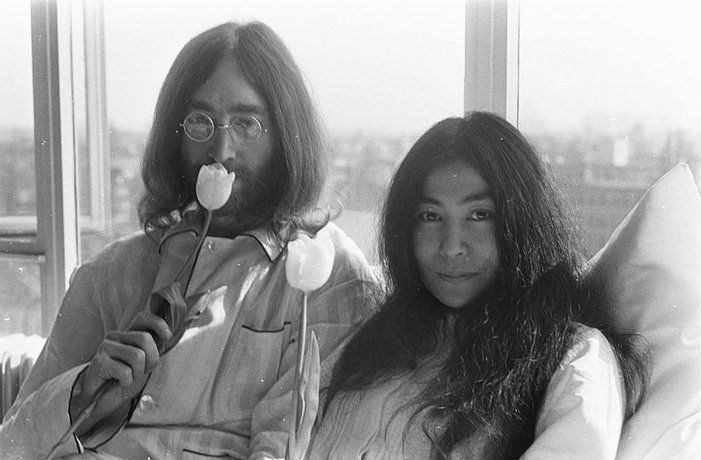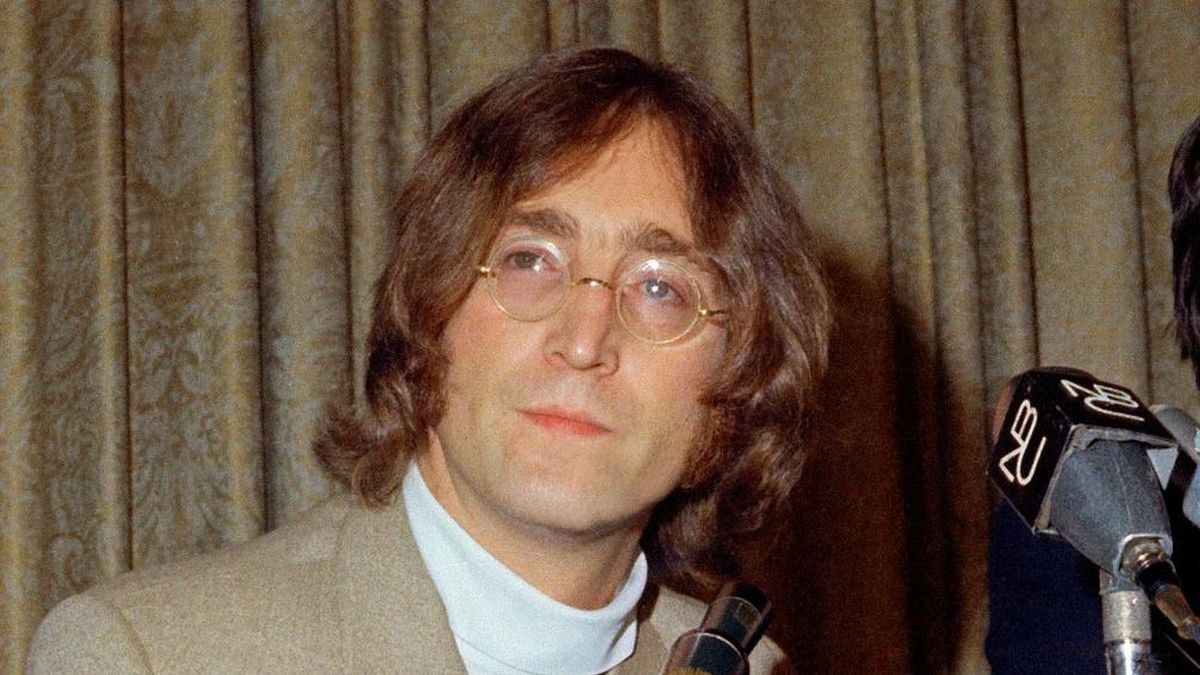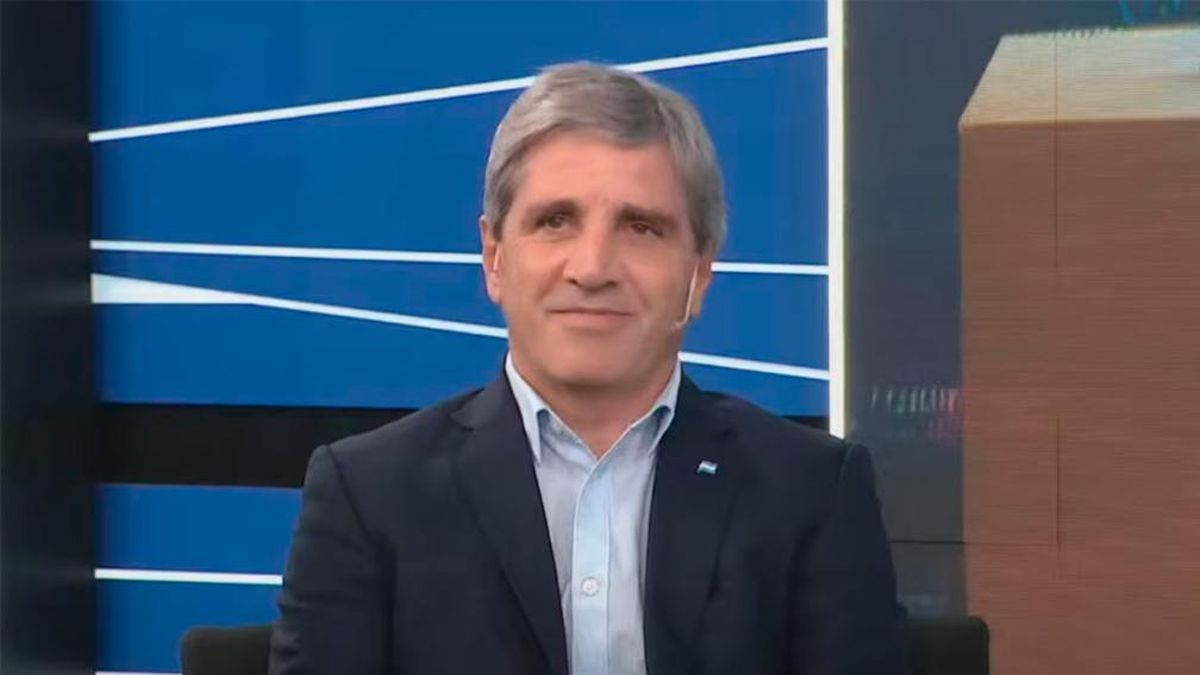On the night of December 8, 1980, a series of shots fired by Mark Chapman, a crazy fan who was waiting for him at the door of his house in New York, prematurely ended the life of John Lennon, founder and leader of The Beatles; and undisputed benchmark of a generation that experienced some of the most important social and cultural changes of the 20th century.
Although at the time of his death the British artist was already standing as a kind of living legend, both for having formed together with Paul McCartney the most important compositional society in contemporary popular music, and for symbolizing a true cultural revolution; the fatal outcome turned him into the greatest myth of the modern spectacle.
It happens that the iconic musician does not It only moved millions of young people around the world with the new aesthetics proposed by the famous quartet, but also represented an era in which the youth raised their voice against a conservative established order. by the adult world at the political and socio-cultural level.
In this sense, Lennon’s music expanded pop music to unsuspected limits, but it also expressed the sentiments of a generation born in the postwar period, which sought a change of era through a freedom that confronted old prejudices.
Born on October 9, 1940, in Liverpool, in the midst of one of the recurring bombings by Nazi Germany of its precious port, Lennon was the product of his time and of his own family history, marked by the abandonment of his parents and the demands of his aunt, in charge of his education, to respond to the social mandates of the time.
John spent his childhood internally pulled by the inheritance of the free spirit inherited from his father Alfred, a fun-loving sailor; and the self-confidence of his young mother Julia, who delegated her upbringing to be able to rebuild her life; and the harsh rules set by his beloved Aunt Mimi.
In a city and a context in which only football and humor appeared as alternatives for young people to avoid an inexorable family destiny, Lennon found his escape valve in art; first through drawing and comics, and then through rock and roll and rebellion embodied by Elvis Presley and James Dean, respectively.
The dream of replicating the Elvis rage in his homeland took shape when he met Paul McCartney, a young man with astonishing knack for music, and included him in the amateur group he had formed with classmates from his school.
After several embryonic years marked on a personal level by the severe reproaches of his aunt to channel his life and by the tragic death of his mother, which he witnessed-, the band, which he had dubbed The Beatles and completed by George Harrison and Ringo Starr, she was ready to conquer the world.
However, just as in his personal life he struggled between the demands of Mimi and her rebellious spirit, Lennon showed signs of disagreement with the mandates that the entertainment world concentrated on the group, which towards the first half of the decade of the `60 it was already a worldwide phenomenon.
In the midst of the youthful effervescence and self-confidence that the irruption of the new order that The Beatles symbolized, John was encouraged to raise objections, through some songs like “Help!” or “I’m a loser”; and from toSome provocative attitudes and statements that could target “undisputed” such as the Queen of England or Jesus Christ himself.
the-beatles-abbey-road.jpg
The Beatles revolutionized pop music.
The real Lennon would show his cards over the years, on a musical level with psychedelic explorations, product of his love for surrealism and the consumption of lysergic drugs; and on the social plane, with radical positions that put aside efforts to please the more conservative public.
The second half of the ’60s, when the young people who had taken him as an icon began to promote profound changes in society, the arrival in his life of Yoko Ono, his great love, would open the doors for the artist to find his definitive path.
The avant-garde Japanese artist was largely responsible for the deconstruction of the musician, who not only he would be encouraged to experiment with sounds that would gradually alienate him from his group mates, but would also radicalize his political discourse.
The final stripping of traditional mandates would be given by Lennon’s turn towards feminism. His romance with Yoko meant the breakdown of his first marriage with Cynthia Powell, the self-sacrificing teenage girlfriend he had married when he learned that they were expecting a child and whom he kept relegated in every way.
The young man who had written songs like “Run For Life”, in which he told his girl that he “preferred to see her dead rather than with another man” and which he would later abjure; went through a process that led him in 1972 to compose “Woman Is The Nigger Of The World” or to regret shortly before his death that he had not included Yoko as co-author of “Imagine”, his most emblematic song, due to social and industry pressures .
Beyond the path traveled, the brutal honesty in his music was the great constant in Lennon’s career, which was reflected in records such as “Plastic Ono Band”, from 1970, his first “post-Beatles” work; or in “Sometime in New York City”, 1972, his most politicized album.
John Lennon y Yoko Ono_1200.jpg

Wikimedia Commons
The aforementioned deconstruction of Lennon had its culminating point when in 1975 he left the activity to dedicate himself fully to the family that made up Yoko and Sean, their son; after years marked by excesses and confrontations with the US government of Richard Nixon, the country where he had settled.
His short-lived comeback in 1980 with “Double Fantasy” showed an artist with lyrics and a sound aesthetic far from the risk and avant-garde faced years ago; more oriented to his former followers than to continue offering himself as an emblem of social changes.
However, Lennon was already a legend. The criminal actions of Mark Chapman also caused the myth to be born and it became gigantic over the years.
David William is a talented author who has made a name for himself in the world of writing. He is a professional author who writes on a wide range of topics, from general interest to opinion news. David is currently working as a writer at 24 hours worlds where he brings his unique perspective and in-depth research to his articles, making them both informative and engaging.




